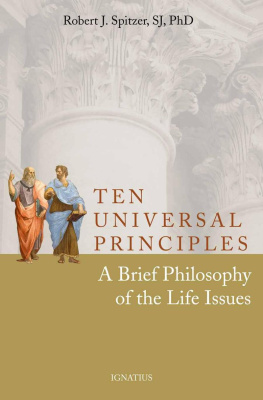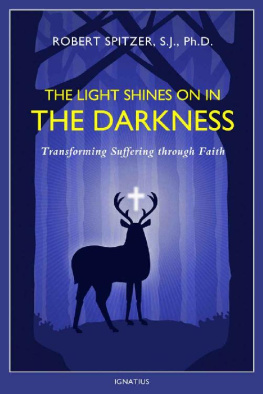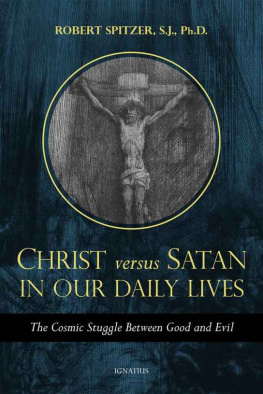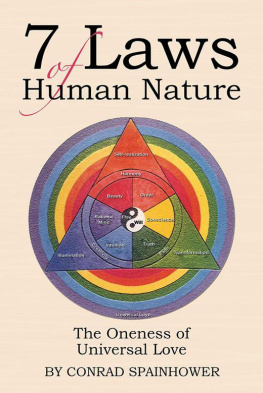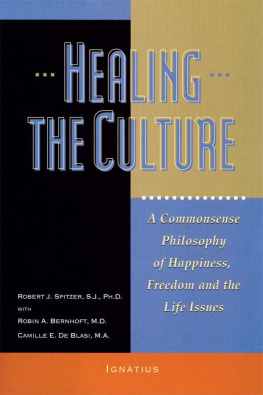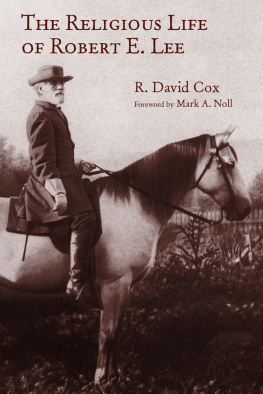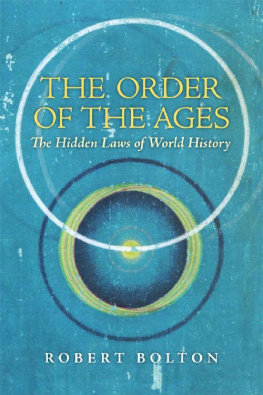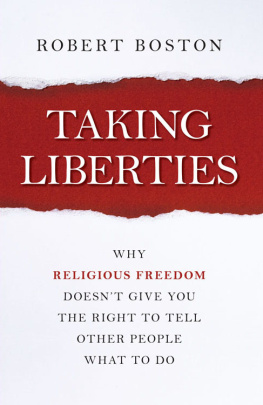TEN UNIVERSAL PRINCIPLES

ROBERT J. SPITZER, S.J., PH.D.
TEN UNIVERSAL
PRINCIPLES
A Brief Philosophy of
the Life Issues
IGNATIUS PRESS SAN FRANCISCO
Nihil Obstat : David Leigh, S.J.
October 28, 2009
Imprimatur : + Most Reverend Tod D. Brown
Bishop of Orange, California
April 29, 2011
Cover art:
Background photograph of pillar iStockphoto.com
School of Athens (detail of Plato and Aristotle)
Raphael (1483-1520)
Stanza della Segnatura, Stanze di Raffaello ,
Vatican Palace
Scala / Art Resource, New York
Cover design by John Herreid
2011 by Ignatius Press
All rights reserved
ISBN 978-1-58617-475-0
Library of Congress Control Number 2010931312
Printed in the United States of America
In memory of Father Thomas King, S.J., who dedicated himself courageously in the academy to the the intrinsic dignity of every human being, and to Camille Pauley, who has dedicated her life to healing the culture through the ten principles in this book .
CONTENTS
Principle 1: The Principle of Complete Explanation
Principle 2: The Principle of Noncontradiction
Principle 3: The Principle of Objective Evidence
Principle 4: The Principle of Nonmaleficence
PersonsIn Reality, Ethics, and the Law
The Intrinsic Value of Persons
Principle 5: The Principle of Consistent Ends and Means
Principle 6: The Principle of Full Human
Potential
Principle 7: The Principle of Natural Rights
The Dred Scott Decision
The Roe v. Wade Decision
Unjust Laws and Civil Disobedience
Principle 8: The Principle of the Fundamentality of Rights
Principle 9: The Principle of Limits to Freedom
Principle 10: The Principle of Beneficence
Four Levels of Happiness
Six Categories of Cultural Discourse
Quality of Life / Success
Freedom
Ethics / Virtue
Love
Suffering
Social Responsibility and the Common
Good
I. The Desire for Perfect and Unconditional Truth
II. The Desire for Perfect and Unconditional Love
III. The Desire for Perfect and Unconditional Goodness (Justice)
IV. The Desire for Perfect and Unconditional Beauty
V. The Desire for Perfect and Unconditional Being (Home)
ACKNOWLEDGMENTS
My sincere appreciation and thanks go to Camille Pauley, who, once again, has contributed so much of her time and energy bringing this book to light. I want to thank her for the hours spent in typing it, and the fine editorial suggestions made for our common mission. My thanks to Joan Jacoby for her work and help in the final edition of this book.
I would also like to thank the many people who have supported the creation of an intellectual statement for the life issues throughout the years, particularly Joseph Koterski, S.J.; Sean Raftis, S.J.; Kenneth VanDerhoef; Eileen Geller; Dan Kennedy; Michael Pauley; Dirk Bartram; Rich Thrasher; Joe Wetzel; Aloysius and Jody Mullally; Bob and Liz Crnkovich; James and Doris Cassan; Lisa-Ann Oliver; Francis Beckwith; members of University Faculty for Life; members of Legatus; and the many other supporters of this movement.
INTRODUCTION
The evolution of culture and civilization has arisen out of the development of ten fundamental principles. Three of them concern evidence and objective truth, three of them concern ethics, three of them concern the dignity and treatment of human beings within civil society, and one of them concerns personal identity and culture. Failure to teach and practice any one of these principles can lead to an underestimation of human dignity, a decline in culture, the abuse of individuals and even groups of individuals, and an underestimation of ourselves and our potential in life. Failure to teach and practice several of these principles will most certainly lead to widespread abuse and a general decline in culture.
This assertion is not made arbitrarily or out of a so-called slippery slope argument, for history is so replete with examples of these failures and their consequences that it would be wholly unreasonable and irresponsible not to infer its validity. We have all heard the clich attributed to Einstein, that insanity is doing the same thing over and over and expecting different results. Our objective then in presenting this curriculum is first and foremost to prevent great harm to individuals and communities, and thereby to prevent this kind of insanity from repeating itself in our national and even international history.
A brief review of these principles will give further credence to our claim that they are an essential safeguard of human dignity, welfare, and community. Some may say that it is the legal system or democracy or the courts that are the real protectors of individuals, culture, and society; but as will become evident, without the ten principles, democracy could vote out the rights of human beings, court systems could legalize every form of indignity and harm, and legal systems would have nothing upon which to base their laws. Again, one does not have to look very far to see these abuses in world history with its kangaroo courts, arbitrary marginalization and persecution of peoples, and justification of slavery, discrimination, and maltreatment. Systems and courts are mere structures. They are designed to operationalize something beyond themselves. That something, we would maintain, is the fruitthe best fruit of the human spirit that we believe to be enshrined in these ten principles.
TEN UNIVERSAL PRINCIPLES:
A Brief Philosophy of the Life Issues
The following ten universal principles form the foundation of civility, justice, and objectivity in cultures throughout the world. Their presence assures the possibility of humane civilization and their absence (even their partial absence) opens the path for corruption, deceit, injustice, and cultural decline. Three principles concern objectively verifiable truth, three concern personal ethics and virtue, three concern political justice and rights, and one concerns the development of great culture.
I. Principles of Reason
Principle 1: The Principle of Complete Explanation (Socrates, Plato, and Aristotle)
The best opinion or theory is the one that explains the most data .
Principle 2: The Principle of Noncontradiction (Plato and Aristotle)
Valid opinions or theories have no internal contradictions .
Classical formulation: A real being cannot both be and not be the same thing, in the same respect, at the same place and time.
Principle 3: The Principle of Objective Evidence (Plato and Aristotle)
Nonarbitrary opinions or theories are based upon publicly verifiable evidence .
II. Principles of Ethics
Principle 4: The Principle of Nonmaleficence (Jesus, Moses, and worldwide religious traditions)
Avoid unnecessary harms; if a harm is unavoidable, minimize it .
Silver Rule: Do not do unto others what you would not have them do unto you.
Principle 5: The Principle of Consistent Ends and Means (Augustine)
The end does not justify the means .
Principle 6: The Principle of Full Human Potential (Las Casas)
Every human being (or group of human beings) deserves to be valued according to the full level of human development, not according to the level of development currently achieved .
III. Principles of Justice and Natural Rights
Principle 7: The Principle of Natural Rights (Suarez, Locke, Jefferson, and Paine)
All human beings possess in themselves (by virtue of their existence alone) the inalienable rights of life, liberty, and property ownership; no government gives these rights, and no government can take them away .
Next page
